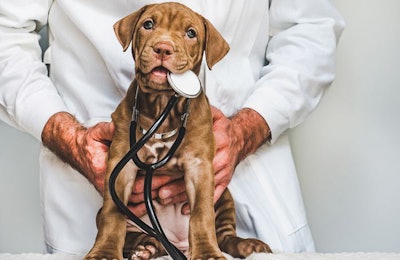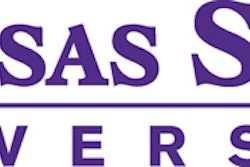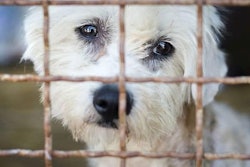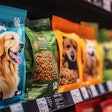
Most pet owners may be willing to switch foods based on a veterinarian’s recommendation, one group of veterinary researchers wrote. Those veterinarians could encourage environmentally sustainable pet food purchasing, according to another group of scientists. Considered together, these studies suggest a means to overcome the stigmas attached to some pet food ingredients, such as co-products and certain novel ingredients. By reaching out to veterinarians, pet food producers and their suppliers could help inform consumers about how their purchases affect the wider world. Sustainability involves meeting the needs of the present without compromising the ability of future generations to meet their own needs.
Pet owners willing to switch after vet recommendation
Veterinarians with the University of Wisconsin-Madison surveyed dog and cat owners who brought their pets in for wellness examinations. Between December 2018 and February 2019, 84 dog and 36 cat owners answered questions related to their pets’ diets and the owners’ satisfaction with it. The survey participants also answered questions related to statements a veterinarians might make regarding their pets’ diets. Regardless of pet species, statements by veterinarians related to health had the most potential influence on the owners’ considerations of changing the pets’ diets. Veterinarians’ statements of personal preference had the least. Overall, 93% of pet owners were at least somewhat willing to change their dogs’ or cats’ diets based on veterinarians’ recommendations. The Journal of the American Veterinary Medical Association published the veterinarians’ study results.
Veterinarians’ influence on sustainable pet food choices
In another study, researchers at Kansas State University reviewed published studies on the environmental effects of pet food production and distribution. Along with collecting a range of data on how much greenhouse gas pollution is associated with various aspects of the pet food industry, the researchers noted the potential for veterinarians to influence pet owners to make ecologically responsibly pet food purchases. Veterinarians may be able to serve as a link between the realms of animal agriculture and pet food customers, since vets may be familiar with both.
The scientists suggested that veterinarians could provide more information about the benefits of co-products, which make use of otherwise wasted foods, as well as how to decrease their pet food purchases negative effects on the world’s ecosystems. The journal Veterinary Clinics of North America: Small Animal Practice published the scientists’ observations.















